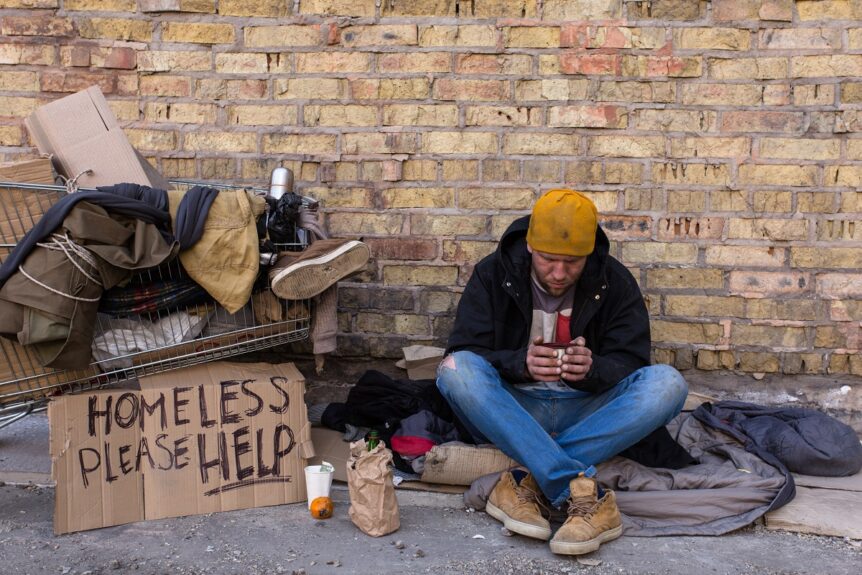A new study from Denver has reignited the age-old conversation over a universal basic income. Here are the full details.
The Denver Basic Income Project

Image Credit: Shutterstock / Evgenia Parajanian
Last year, in a move that was welcomed by many, Denver decided to give some no-strings-attached cash directly to homeless people.
Denver’s No-Strings-Attached Cash Experiment
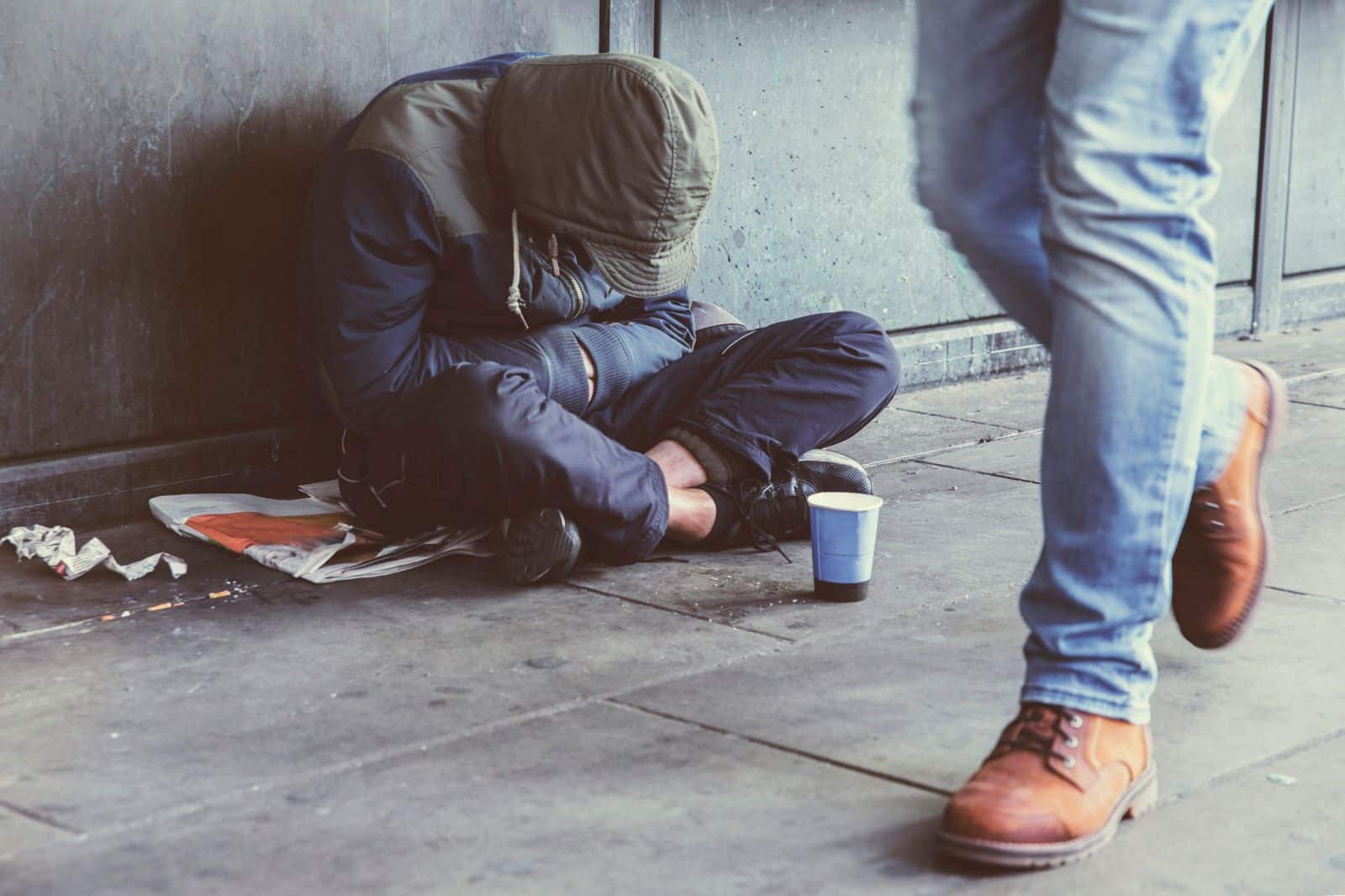
Image Credit: Shutterstock / Followtheflow
Called the Denver Basic Income Project, this experiment aimed to see if financial help could really turn lives around. The one-year report has just come out, and the results are pretty eye-opening.
Three Distinct Participant Groups
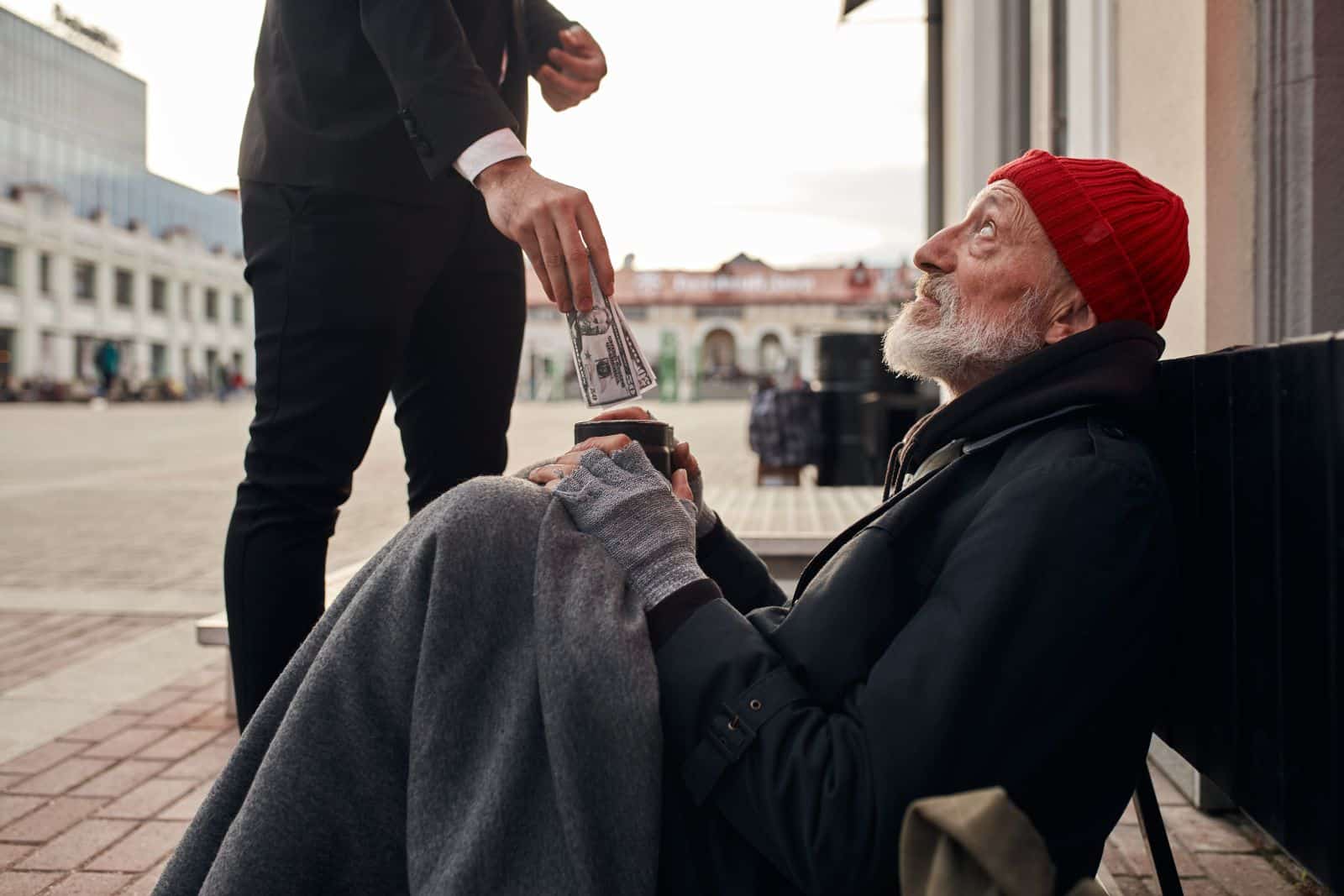
Image Credit: Shutterstock / UfaBizPhoto
More than 800 homeless people, living on the streets, in shelters, or couch-surfing with friends, got to be part of this experiment. They were split into three groups:
Group A got $1,000 every month for a year.
Group B received $6,500 up front, then $500 each month.
Group C, the control group, got a mere $50 per month.
Impact on Housing Stability

Image Credit: Shutterstock / Monkey Business Images
Fast forward ten months and about 45% of participants across all groups had moved into stable housing – a massive improvement.
Significant Reduction in Shelter Stays
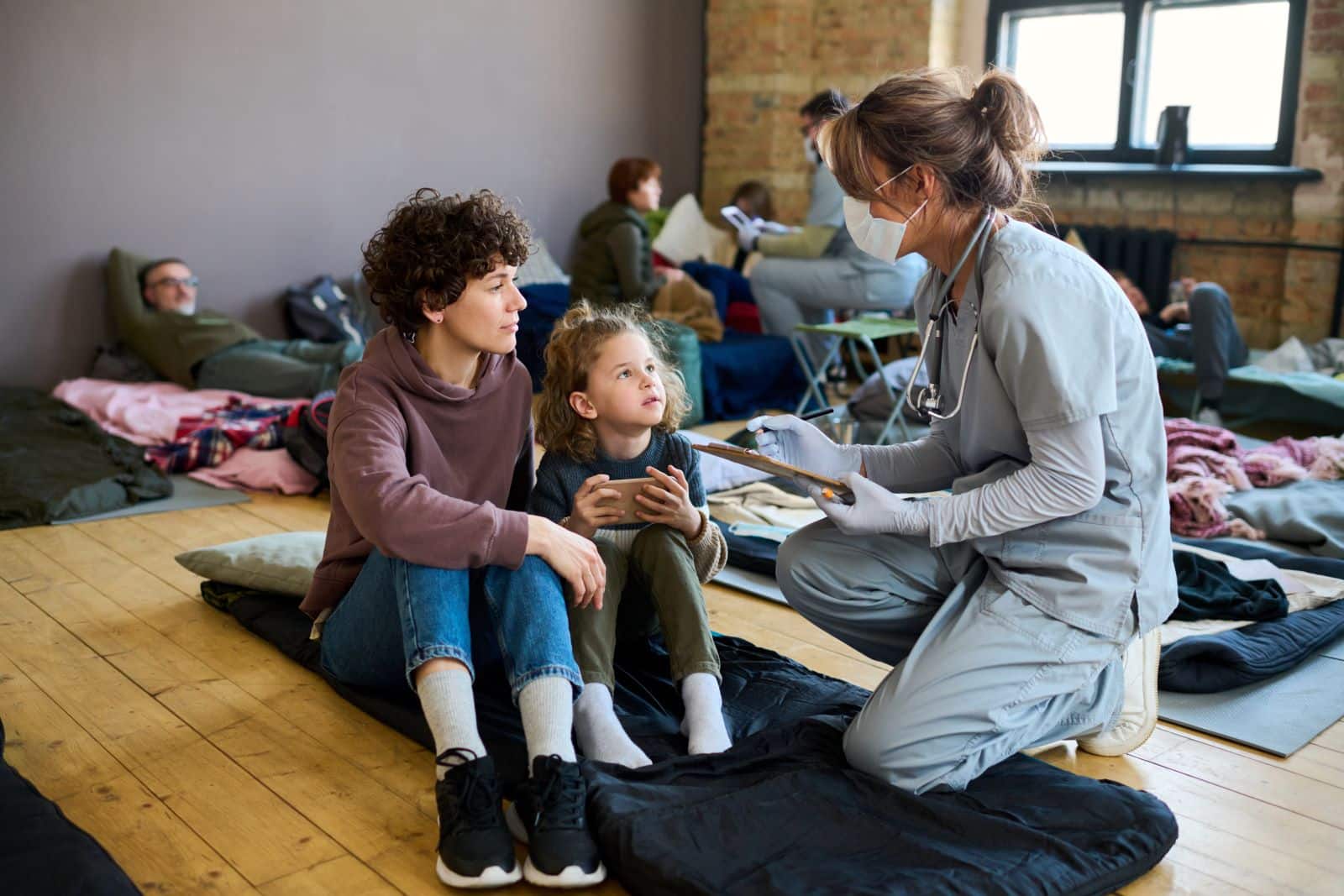
Image Credit: Shutterstock / Pressmaster
The groups receiving bigger monthly payments or an initial lump sum showed a huge drop in shelter stays and a big jump in full-time employment, unlike the control group – which saw a decline in employment.
Savings in Public Service Costs

Image Credit: Shutterstock / THICHA SATAPITANON
Not only did the project help people, but it also saved a lot of public money. Researchers estimate that the city saved $589,214 in public service costs on things like emergency healthcare, jail time, and shelter costs.
Financial Benefits
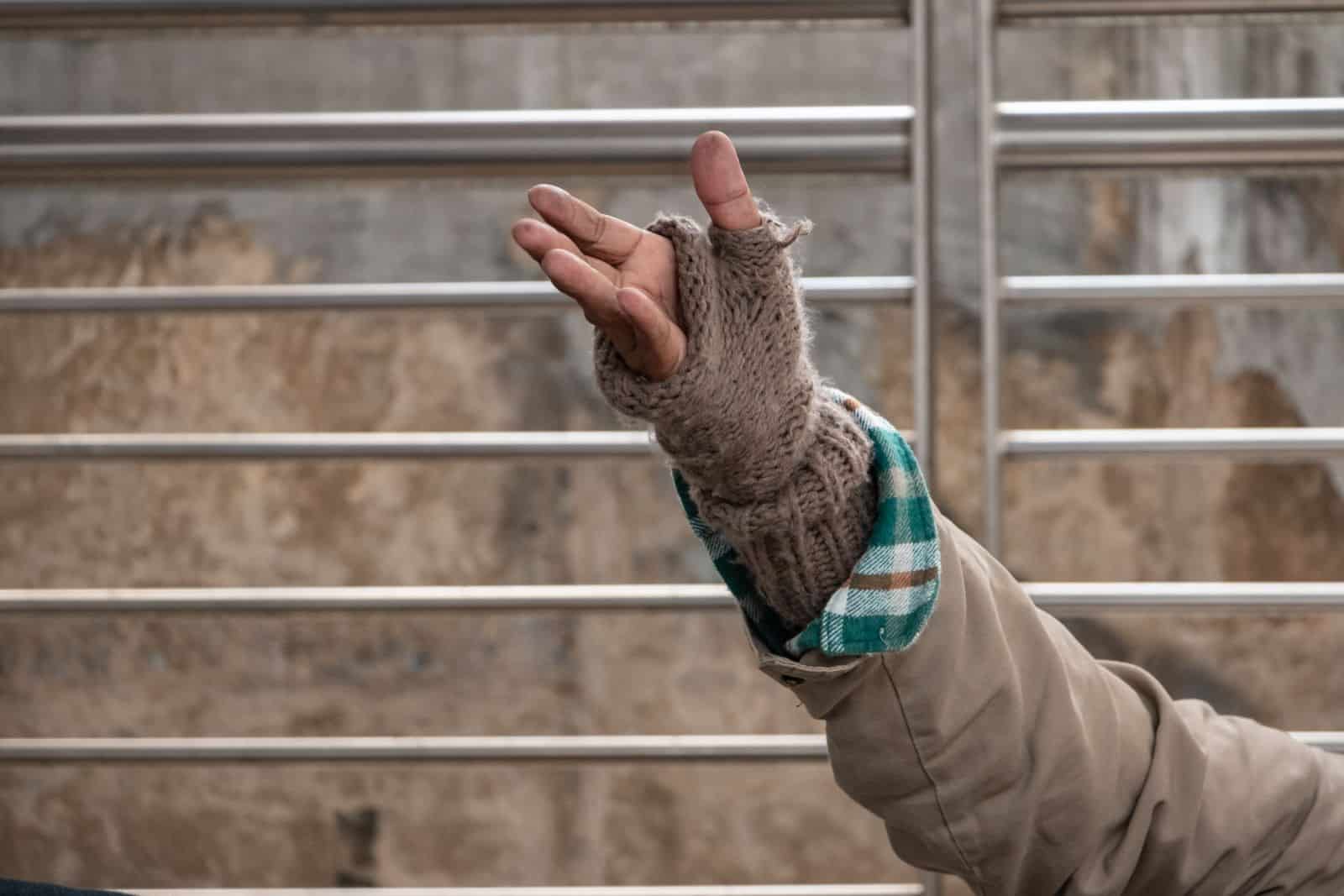
Image Credit: Shutterstock / N.Pipat
It’s clear that there is some potential for these types of programs to be beneficial for communities in the long run.
Funding Sources

Image Credit: Shutterstock / Kozak_photo
The project was funded by both public and private money, including $1.5 million from The Colorado Trust and $2 million from Denver’s pandemic relief funds. Overall the project cost $9.4 million, but for many it has proven that investing in people can pay off.
Personal Testimonies

Image Credit: Shutterstock / fizkes
One mother, who had been living in her car, shared how the payments helped her buy essentials like hygiene products, child care, and transportation. Now, she’s living with family and feels the payments were a crucial “leg up.”
Personal Transformations

Image Credit: Shutterstock / Alliance Images
Another participant, a single mother living with her parents, used the cash to secure a job, buy a car, and enroll in school. Thanks to this support, she’s spending more time with her kids and planning to move into her own place.
Challenges Faced During the Project
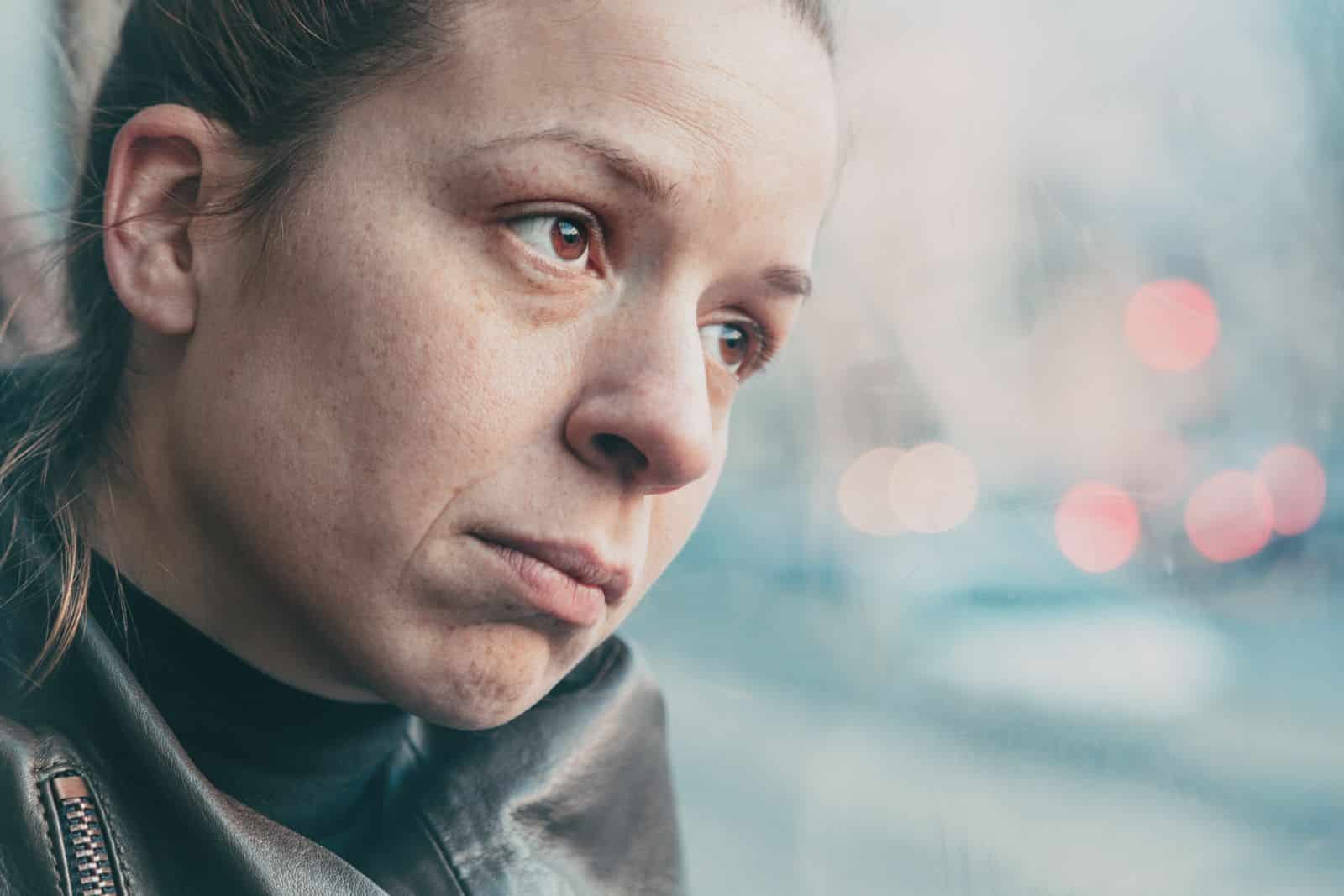
Image Credit: Shutterstock / Marjan Apostolovic
Not everything went perfectly. Survey participation dropped as time went on, and stress and anxiety levels went up – possibly because participants were worried about the payments stopping.
Stable Parental Dynamics

Image Credit: Shutterstock / Chay_Tee
Drug use didn’t change, with participants using illegal substances about the same amount before and after the project. But parents reported less “parental distress,” indicating that the financial support really helped families.
Extension of the Denver Basic Income Project

Image Credit: Shutterstock / Chokniti-Studio
Thanks to the positive results, the project is being extended for another eight months, with an extra $2 million from the city.
Founder’s Vision for Long-Term Impact

Image Credit: Shutterstock / Salivanchuk Semen
Mark Donovan, the project’s founder, wants to make this permanent. He said, “We believe the first year of the program established a sense of stability for participants, and the second year and beyond is when individuals can experience an even more profound transformation.”
Additional Funding for the Project

Image Credit: Shutterstock / bluedog studio
Donovan is pushing for more funding, hoping that the success of this project will convince policymakers to support similar programs. He believes that initial financial support can lead to long-term benefits and savings.
Pushing for Permanent Funding

Image Credit: Shutterstock / ESB Professional
“We aim to persuade policymakers to establish permanent funding streams for programs like ours,” Donovan stated.
Demographic Diversity Among Participants

Image Credit: Shutterstock / tsyhun
Participants were diverse: the average age was 44, with ages ranging from 18 to 86. About 34% were white, 27% Black, and 7% Indigenous or Native American
Long-Term Monitoring

Image Credit: Shutterstock / Drazen Zigic
As this program continues, its long-term effects will be closely watched. If the trends hold, this experiment could become a model for other cities grappling with homelessness and economic instability.
Future Prospects for Ending Homelessness
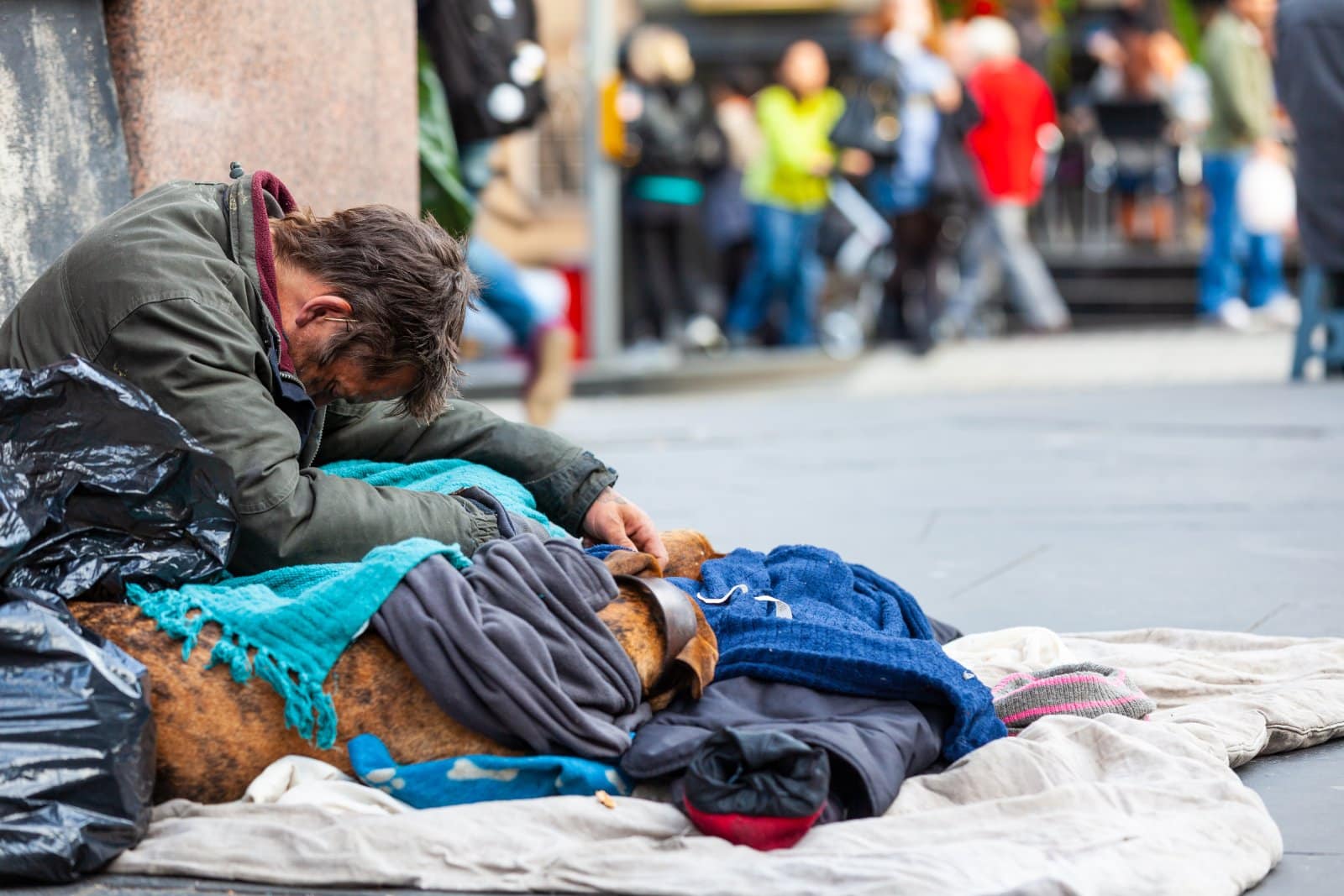
Image Credit: Shutterstock / SergeBertasiusPhotography
All eyes will be on Denver to see if this idea becomes a permanent solution to homelessness.
Oil Dumping Scandal Rocks Ships Heading to New Orleans

Image Credit: Shutterstock / Aerial-motion
Two shipping companies have been fined after knowingly hiding a large oil spill in the Atlantic Ocean. Oil Dumping Scandal Rocks Ships Heading to New Orleans
20 Eye-Opening Realities Facing Retiring Baby Boomers

Image Credit: Shutterstock / Jack Frog
As Baby Boomers approach retirement, the promise of leisure and security often seems unattainable. This generation faces unique challenges that could redefine retirement. Here’s a stark look at the realities shaping their outlook. 20 Eye-Opening Realities Facing Retiring Baby Boomers
Retail Apocalypse: Massive Closures Sweep Across U.S. Brands

Image Credit: Shutterstock / Tada Images
Stores across the U.S. are closing at unprecedented levels, according to new research from advisory firm Coresight Research. Read on for more information about the impact this could have on you and your communities. Retail Apocalypse: Massive Closures Sweep Across U.S. Brands
The post Denver’s Bold Bet: $1000 Monthly to the Homeless Sparks Hope first appeared on EcoHugo.
Featured Image Credit: Shutterstock / Vitaliipixels.
The content of this article is for informational purposes only and does not constitute or replace professional financial advice.

